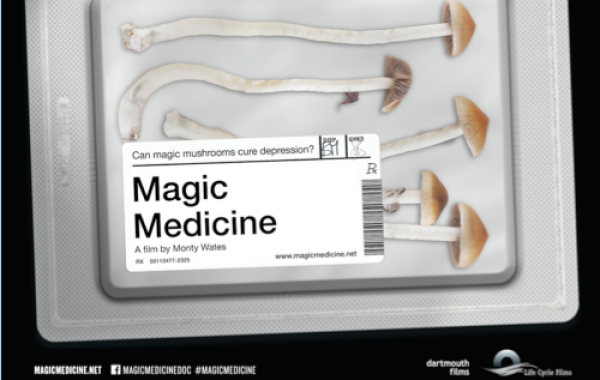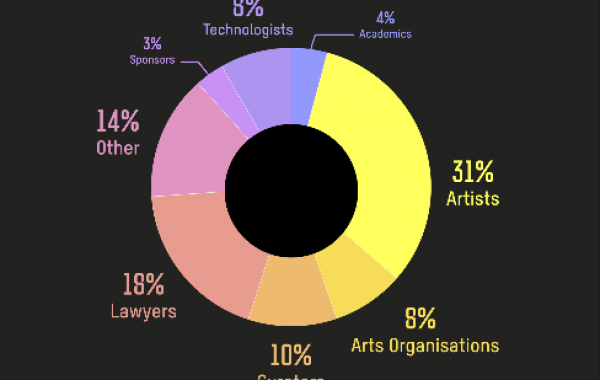How Can The Law Support Collaborations across Art, Tech and Science?
Serpentine’s Arts Technologies unveils how in their latest report
LEGAL LAB Report 1: Art + Tech/Science Collaborations.
Join the launch presentation on 7 September, 12 - 1pm BST live on Twitch @Serpentineuk with Victoria Ivanova, Serpentine R&D Strategic Lead, Alana Kushnir, Legal Lab’s Principal Investigator and Marie Potel-Saville, founder of legal design agency, Amurabi.
Read and download the report HERE
=============================================================
Serpentine’s Legal Lab has launched its latest report on legal issues arising in art and tech/science collaborations.
Legal structures and tools, such as agreements and contracts, are crucial to structuring innovative enterprises and effective operational models. However, in the sphere of art, there is a tendency to shy away from legally onerous forms of arrangement. This has resulted in legal infrastructures being under-acknowledged for their multifaceted potential in supporting cutting-edge creative practice. These concerns are present in the internal organisation of the art field and the expanding realm of cross-disciplinary relationships between art actors and external fields.
Collaborations across art and technology/science, often result in numerous frictions or ‘pain points’ caused by legal issues that collaborators may face from different working expectations, such as lack of access to specialist legal advice, questions relating to use of prior intellectual property and ownership of project IP, through to issues of royalties and crediting entitlements. In the past, these issues have been difficult to overcome and learn from because the resulting disputes are often settled privately and do not have their ‘day in court’.
To address and respond to these ‘pain points’, Serpentine’s Legal Lab, has released Legal Lab Report 1: Art + Tech/Science Collaborations, the result of two year’s investigation into legal issues for accessible legal solutions for the art field. Serpentine’s Legal Lab team surveyed challenges faced by collaborators in art and technology/science projects, led by Principal Investigator, Alana Kushnir, Director of Guest Work Agency -- an international art law and curatorial practice based in Melbourne -- with Victoria Ivanova, Serpentine’s R&D Strategic Lead.
The aim of the survey was to map existing legal practices in collaborations across art and technology/science, with the view of developing open access tools that will contribute to a more productive deployment of law by all parties.
The findings in the report are based on responses received from over 250 artists, technologists, cultural institutions, curators, scientists, funders, academics, and lawyers, as well as 30 in-depth interviews and social media questionnaire.
The report recognizes a number of urgent short, medium and long term actions that could significantly improve the processes and outcomes of collaborations across art and science/technology and that the success of these collaborations is at the very heart of the future art ecosystem. It suggests actions that aim to facilitate real change for collaborators and empower them to make better use of legal tools and structures. These actions include user friendly contracts; a specialist art and tech lawyer referral directory; the formation of new integrated business models; working guides on building an interdisciplinary language and in the long term, a dedicated membership body with a code of best practice that represents the interests of all collaborators.
Legal Lab Report 1 is produced by Serpentine Legal Lab in collaboration with Amurabi.
Featured Work
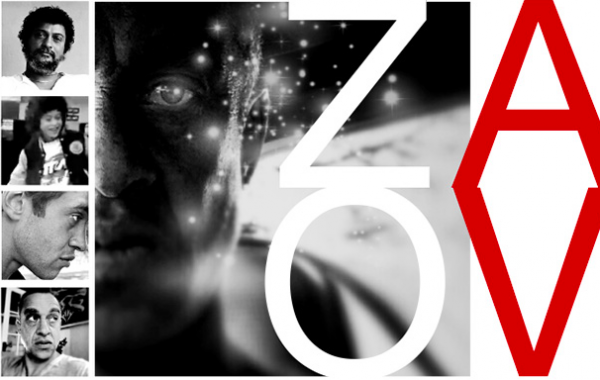
Zak Ové
View Details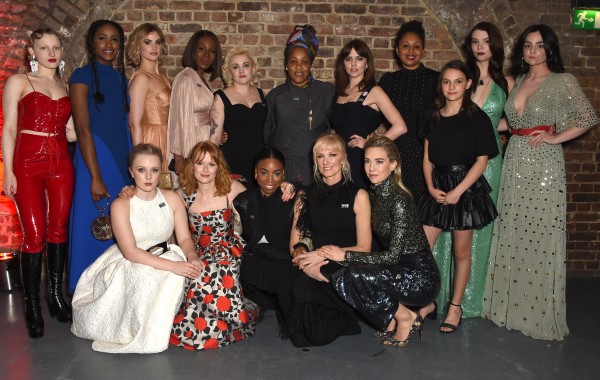
TIME’S UP UK
View Details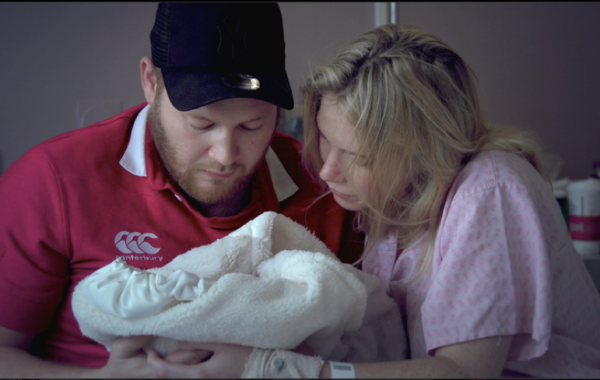
Channel 4
View Details